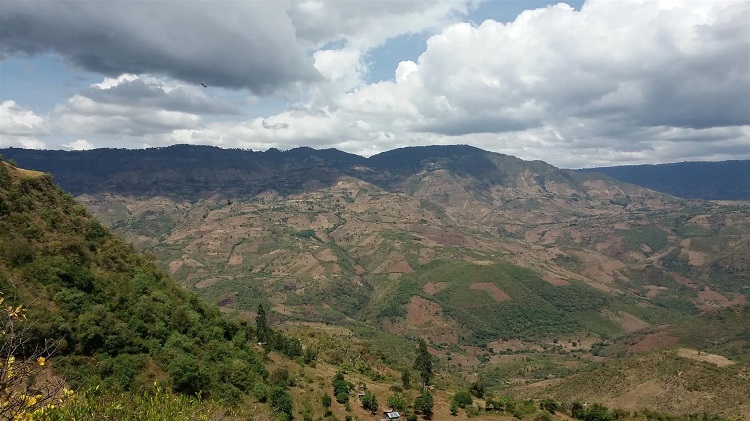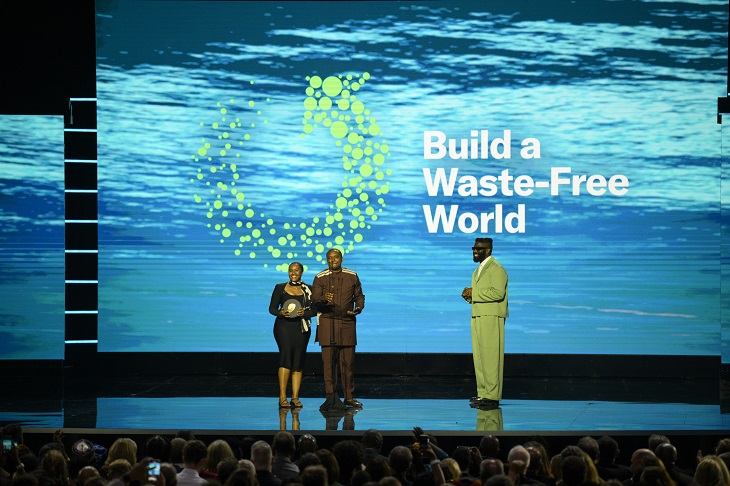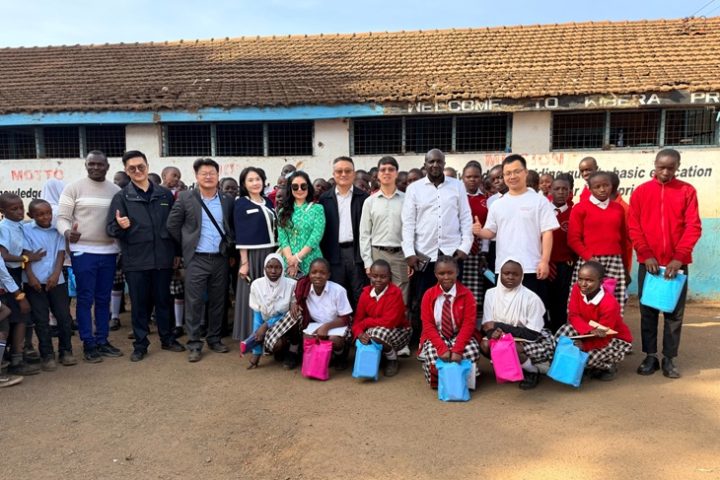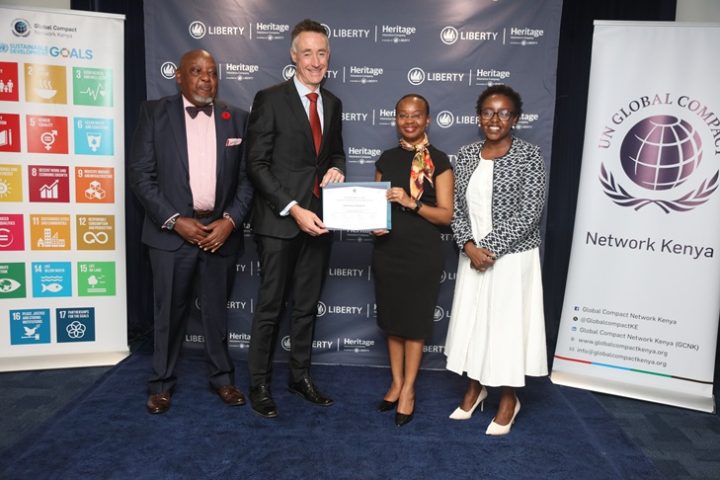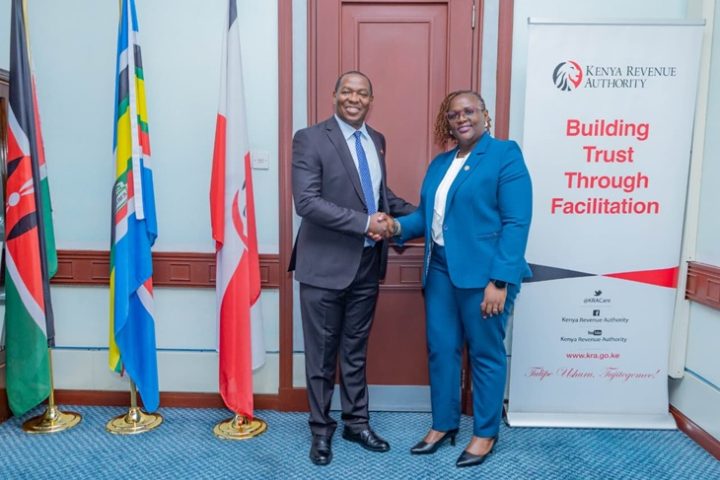Green Planet Initiative 2050 (GPI2050) is facing serious allegations of deception, harassment, and misrepresentation, claims that call into question the credibility of both its leadership and operations.
Despite publicly presenting itself as a “foundation”, records show that GPI2050 is only registered as a Non-Governmental Organization (NGO) and has never received official approval to operate under the title of a foundation.
Yet, in its fundraising campaigns, branding, and media appearances, the organization consistently refers to itself as one, an intentional move critics argue is meant to mislead donors and the public.
At the center of the storm is the group’s founder and CEO, Festus Kiplagat, who has cultivated an image as a forward-thinking environmentalist driving projects across Africa. However, a closer look into his past paints a far more troubling picture.
In 2017, Kiplagat was embroiled in a family land dispute, where a court found him guilty of harassment and physical assault. The ruling led to his permanent eviction from the contested property. Two years later, in 2019, he took to social media to accuse community-based forestry programs of being “scams”, a charge that now appears ironic given the accusations leveled against his own organization.
More recently, in 2025, Kiplagat filed a lawsuit against an environmental project he had previously been part of, while deliberately failing to disclose his prior involvement. Court documents revealed attempts to seize control of the initiative’s leadership and funding. Judges highlighted procedural misconduct, including withheld documents and contradictory affidavits, before ruling that Kiplagat had approached the matter with “the most unclean of hands.”
These incidents, observers say, expose a consistent pattern of manipulation, gatekeeping, and questionable motives hidden beneath the polished rhetoric of sustainable development.
The controversy around GPI2050 raises wider concerns about the integrity of NGOs in Kenya. Experts warn that such cases threaten to undermine trust in genuine organizations working to protect the environment and support communities.
“This isn’t just about one individual, it’s about safeguarding public confidence in institutions that are meant to serve the common good,” one civil society leader noted.
As pressure mounts, calls are growing for regulatory agencies and stakeholders to hold both Kiplagat and GPI2050 accountable. For communities and donors alike, the unfolding revelations serve as a stark reminder: not every initiative that flies the banner of sustainability operates in good faith.
Related Content: Legal Setback Puts Spotlight On GPI2050: Conmen Disguised As Saviors?


